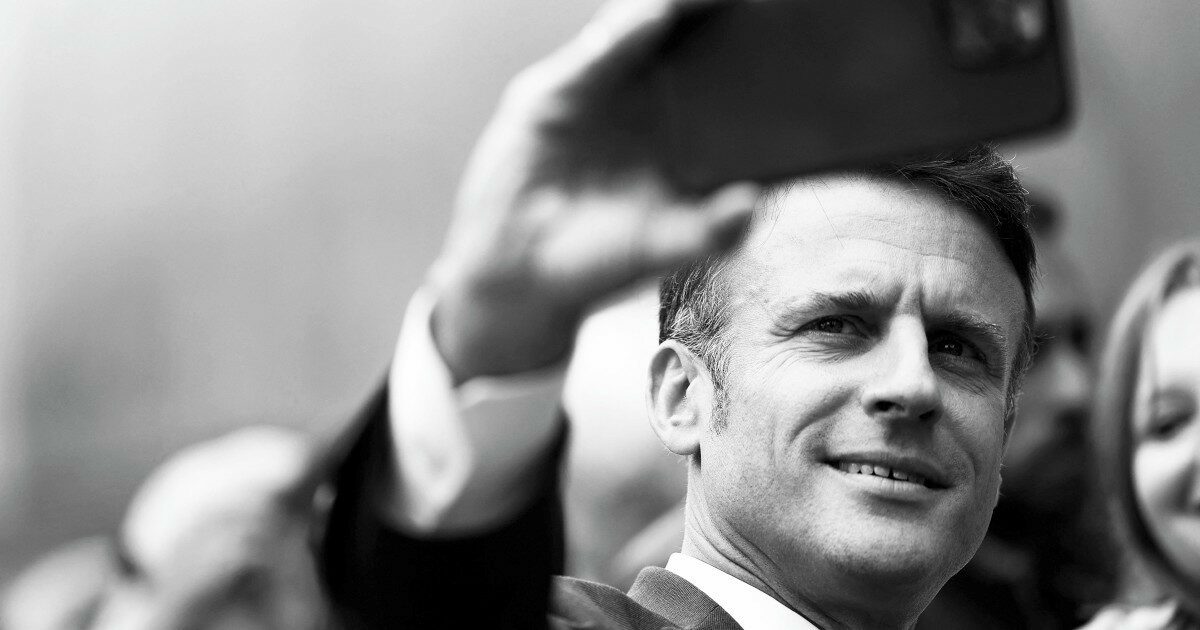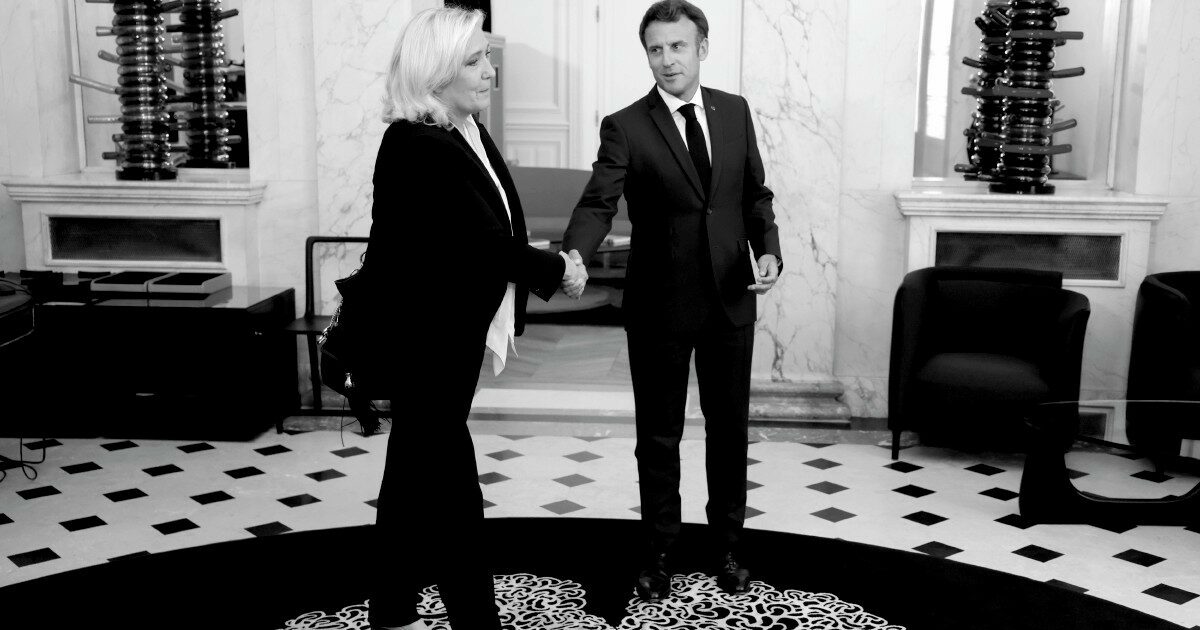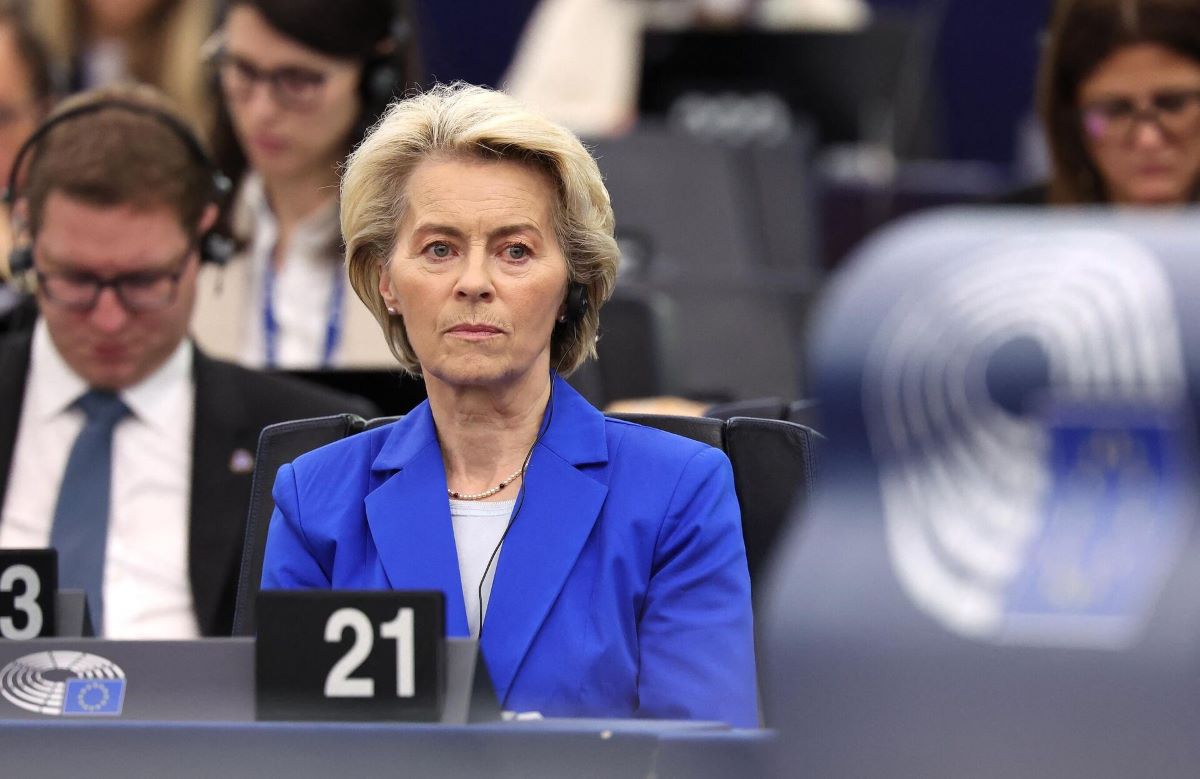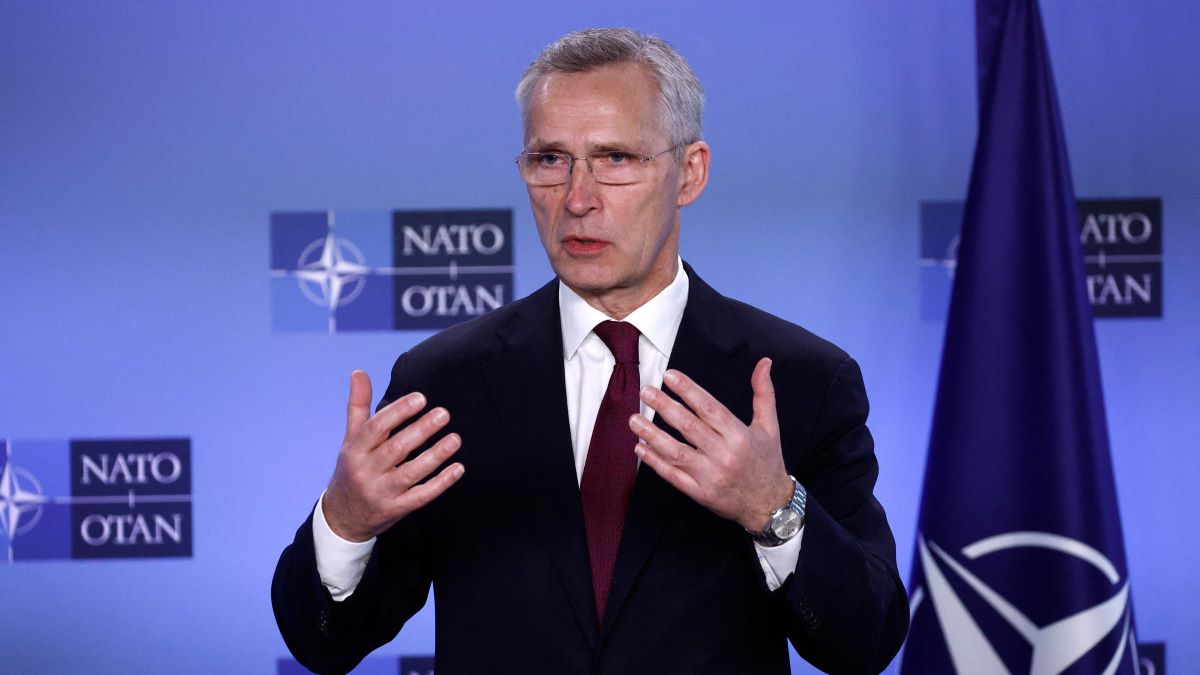Macron’s dissolution of the Assembly and targeting of the left rather than the extreme right have backfired, leading to a weakened position for his party and increased strength for both the united left and the extreme right. His last-minute attempt to form a Republican Front to prevent the extreme right from gaining a majority is seen as too little, too late. Powerful industrial, financial, and media interests support the extreme right, making its victory likely despite widespread public opposition to Macron. This situation threatens to further polarize and fragment France.
* * *
Macron wanted to see what would happen. On June 9, he had just dissolved the Assembly out of sheer spite, without even informing Premier Attal. With a mocking smile, he whispered to a financier friend at the Élysée: “Of course I feel good! I threw a live grenade at their feet, now let’s see how they get out of it.”
Playing with toy soldiers backfired on him. He believed he controlled everything, and now he barely controls the small patch of land he stands on.
In the first round of the legislative elections, he witnessed the agony of his own party, Renaissance, and the near disappearance of the post-Gaullist right, the Radicals. The latter disintegrated on June 11 when their president, Éric Ciotti, allied with the provisional winners of Macron’s game: Marine Le Pen and Jordan Bardella. The main protagonists now are the united left, which far surpasses Macron, and an extreme right that lacks an absolute majority but hopes to achieve it in the second round. They aim to drag in the remaining Republicans if the majority is partial.
The right-left conflict returns, though it’s no longer right but extreme right (Marine Le Pen tried to remove the term “extreme,” but the Council of State prohibited it last March). Macron had called the conflict archaic during the 2017 and 2022 presidential elections. On both occasions, he promised to block Le Pen’s path, but now he’s the one opening the gates to power for her, using the radical left of Mélenchon as his main target.
On Monday, he seemed to wake up. Now he hopes for a Republican Front to prevent the extreme right from gaining an absolute majority, no longer ruling out the withdrawal of his candidates who are third in the upcoming Sunday elections (so-called triangular races). He even reminded his ministers that in 2017 and 2022 it was the left that gave him the majority: “Without them, none of you would be here.” Not even him.
This belated realization might straighten things out, but it’s unlikely. There was no public appeal: from the Élysée came only a whisper to newsrooms and TV networks. There’s no explicit invitation to withdraw all centrist candidates who came third and to vote for the left, even those slandered by Mélenchon (“Each case must be evaluated individually”). Throughout the campaign, until the New Popular Front emerged on the left, Macron was far more aggressive with Mélenchon than with Bardella, as were Attal and the ministers. The extreme right was a threat to the economy, but Mélenchon was the personification of ignominy: after the first round, Macron labeled him anti-republican, anti-parliamentary, and especially – the most infamous and false accusation – anti-Semitic, due to France Insoumise’s support for the Palestinian state. Moreover, Bardella’s reform costs amounted to 100 billion euros, compared to the left’s 300 billion.
The president’s last-minute shift matters little for now. Seven ministers still repeat like automatons the presidential formula of the past weeks: “Neither Bardella nor Mélenchon.” Only a few hope for “unconditional withdrawal” in favor of any left-wing candidate capable of winning in the triangular races.
The president’s change of heart, the awareness of some Macron supporters, and Attal’s proposal for an alternative majority that includes the entire left, should Bardella lack an absolute majority, are elements that could matter. But it is likely that voters’ choices have already taken root. First, even if they don’t overwhelmingly vote for Le Pen in the first round, they definitely detest Macron. Second, because Bardella himself has changed his mind. He had said he would govern only with an absolute majority, and now he’s fine with a relative one, confident that Republicans not allied with the extreme right will support him after the second round.
The fact is, Bardella/Le Pen’s total or partial victory is not decided solely by parties or even just voters. It is currently favored by a vast, partly hidden, powerful, and unscrupulous majority. These are the true powers moving the pieces: the magnates who own newspapers and TV stations (Vincent Bolloré in the lead, also known as the Black Baron because he supports Le Pen, Dassault, Bouygues, shipowner Rodolphe Saadé), as well as financial powers, the employers’ association, and various industrial lobbies that fear the left’s proposals like the plague: primarily progressive fiscal justice dismantled by Macron, high-income taxes, and taxes on multinationals and companies that have profited most from the pandemic and inflation crises (pharmaceutical, energy, etc.). Finally, there is the Israeli lobby, supported by fossilized intellectuals yet regularly invited on TV (Bernard Henri Lévy). Serge Klarsfeld, a distinguished Shoah scholar, announced that in any case, Le Pen is better than Mélenchon.
For three weeks, there has been a unanimous chorus against Mélenchon, the driving force behind the New Popular Front. Except for a few journalists, no radio or TV network, public or private, handled the anti-Semitism accusation without bad faith, hurled at anyone who demonstrated for the Palestinians decimated in Gaza, while condemning the October 7 pogrom. None sought to understand Mélenchon’s role or his popularity among the working-class electorate.
Macron and his loyalists imply that it’s possible to discuss and govern with the “social democrats and moderates” of the Popular Front, in case of a partial victory of the extreme right. What they fail to consider is that Mélenchon comes out of the first round much stronger than socialists, ecologists, and moderates.
In Italy, commentators – for example, at Il Foglio – are not alarmed, because the stock markets are calm and “political instability does not automatically mean economic and financial instability, particularly if it concerns the second economy of the Eurozone.” Perhaps we have become so accustomed to the extreme right governing that we have grown indifferent. It’s no coincidence that Bardella studies Italy, intending to support Euroland and NATO like Meloni.
Perhaps, however, it is overlooked that Bardella’s plan includes elements that are unacceptable here. Among his projects is the commitment not to hire dual nationals (3.5 million) in unspecified “sensitive positions”; denying healthcare to illegal immigrants, with enormous risks to everyone’s health; and removing family allowances from parents of repeat juvenile offenders. To uncomfortable questions from the left, Bardella responds with a chilling smile: “Here we are, Jean Moulin is back!” (the resistance fighter who died in deportation).
The markets may appreciate it, mini-communities and rural France may feel heard, but the entire country can only suffer and fracture.
Il Fatto Quotidiano, July 3, 2024





